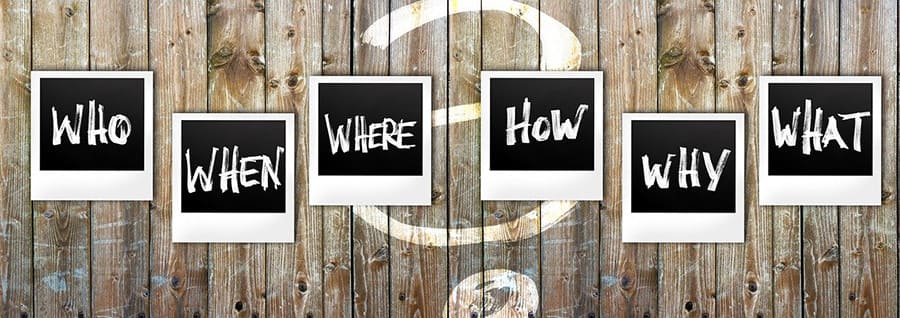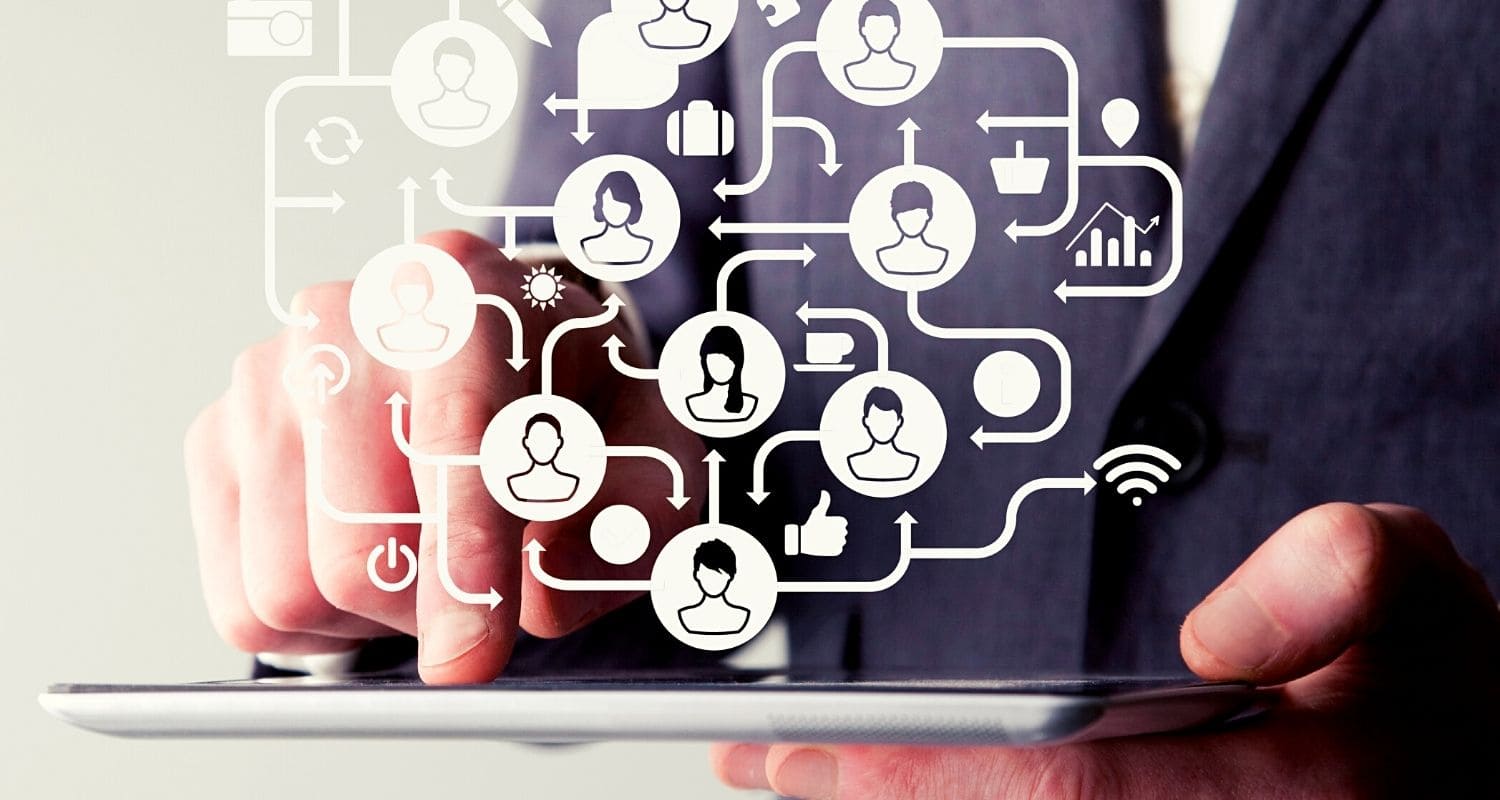We live in a world that is very volatile and can be easily disrupted. And the last couple of months are the real validation for that statement. Living in a truly global society has its undeniable advantages. Information can cross borders in a flash, people can wake up in one continent and go to bed in another on the same day, and resources drive economies on the other side of the world.
As much as we enjoy the benefits of this open world, we should never diminish our personal and corporate responsibility to sustain our societies’ well-being. Time sends the finest test to challenge our models and organizations. It is in turbulent times that the use of secure, sustainable and scalable systems will distinguish successful societies, governments and economies from those that will collapse.
The Benefits Of Utilizing Decentralized Data-sharing Service
Now that businesses and economies are data driven, it is of key importance how we record, store and interact with data. And if the data flow is disrupted, that will lead to inefficiencies and likely losses.
- Easy data management and remote access
When documents or files are recorded on the blockchain, immutable digital evidence is created. These digital proofs on blockchain cannot be altered afterwards. If there is a change or a new interaction with a document, then another record is created. Each transaction is executed and electronically signed by the digital identities of the users.
- Traceability
Traceability management is another issue that can be solved if you incorporate a blockchain-based platform when dealing with data. In blockchain, every transaction can be easily tracked. The risk of data to be lost or misappropriated is practically close to zero. This is very important when a few teams need to cooperate and work together. Furthermore, employees can easily track the status of documents and all kinds of agreements that need to be communicated with their clients or partners.

Functionalities that allow tracking of all interactions with data strengthen how you control data access and allow you to monitor how data flows in real time, internally and externally. Frauds related to data theft and breach will be by far reduced, or if such occur, they can be fastly resolved without disturbing the whole organization.
Data exchange can be easily verified through digital proofs that are recorded on the blockchain. Companies and societies can share information more confidently as the evidence of their transactions cannot be edited or deleted when recorded on blockchain.
- Cost efficiency
Cost efficiency is another factor that weighs in. Data sharing and consequent records’ verification on the blockchain can be cheaper compared to many cloud-based solutions. Moreover, as it eliminates the need of an independent notary or payment intermediaries, it saves costs related to bringing such a third party.
Nevertheless, as it eliminates fraud risks and streamlines dispute management, using such decentralised apps will reduce expenses on that instance. Last but not least, managing digital agreements means less costs for papers and less idling of employees related to printing and finding paperwork.
Why Are Blockchain-based Data-sharing Apps More Secure?
- Self-sovereign identities (SSI)
The great potential of SSI is that it can actually make digital identities function just as physical identities. As in the real world, where persons have unique identifiers that are not attributed by centric organizations, such as their fingerprints, people can benefit from the decentralised technology and attribute unique decentralized identifiers to their digital identities.
Self-sovereign identities empower people to be more confident in communicating their personal data, as they have full control over who receives the shared information. Consumers will only share the required data related to the transaction, without revealing any other personal or sensitive data.
- Digital signatures
Electronic signatures, like physical signatures, are a way for somebody to state and confirm that they are who they say they are through using cryptography. A digital signature is a way to prove that a certain message or registered file originates from a specific digital identity and no one else.
Whereas public keys in blockchain serve as a reference address, private keys are meant to be kept confidential and are used to digitally sign messages sent to other users. That way the recipient can verify the message using the sender’s public key. Ultimately, the receiver can be sure that only the sender could have sent the message. And the sender is confident that the shared data is available exclusively to the selected recipient.

- Fingerprints/hashes
Another digital proof that makes data sharing via blockchain much more secure is called hash (or a digital fingerprint). When digital proofs are stored on blockchain via ReCheck Docs for example, a timestamp is attributed to mark the real time of recording the transaction. Then, each transaction is marked by its unique digital fingerprint (hash) that cannot be altered or deleted, once the transaction is executed.
Blockchain technology acts as an independent arbitrary and notary, especially in conflict situations. There are permanent digital proofs stored on the blockchain that can be easily used in dispute resolution.
The Bottom Line
Blockchain-based solutions can guarantee ultimate privacy and security when sensitive data is shared. And, ReCheck has even gone further in an attempt to equip consumers and businesses to protect privacy and keep data integrity intact, as it offers person-to-person encryption. That way stakeholders can be confident that no party will prevail over the other and no personal information will be revealed in the course of communication. Additionally, ReCheck’s service provides secure real time tracking of the status of each event. Consumers know when a document or file is opened or signed.
Using decentralized technologies such as blockchain enables businesses and the society to avoid being dependent on centralised platforms. Current digital identity providers do not provide the needed tools for customers to claim their rightful ownership and by virtue of law to control who, when, how and why uses their personal data. Data producers rely on centralised platforms to record, store and share their information that is mostly server-side encrypted and can be accessed without the producer’s knowledge or consent.
The European Union recently published its Strategy for Data and stated that more should be done in order to actually allow Europeans to fully benefit from the GDPR. According to the Commission, individuals should have the tools and means to decide at a granular level what is done with their data. We truly believe that more organizations will implement decentralised, blockchain solutions to empower their employees and consumers to protect their privacy and share data securely.





